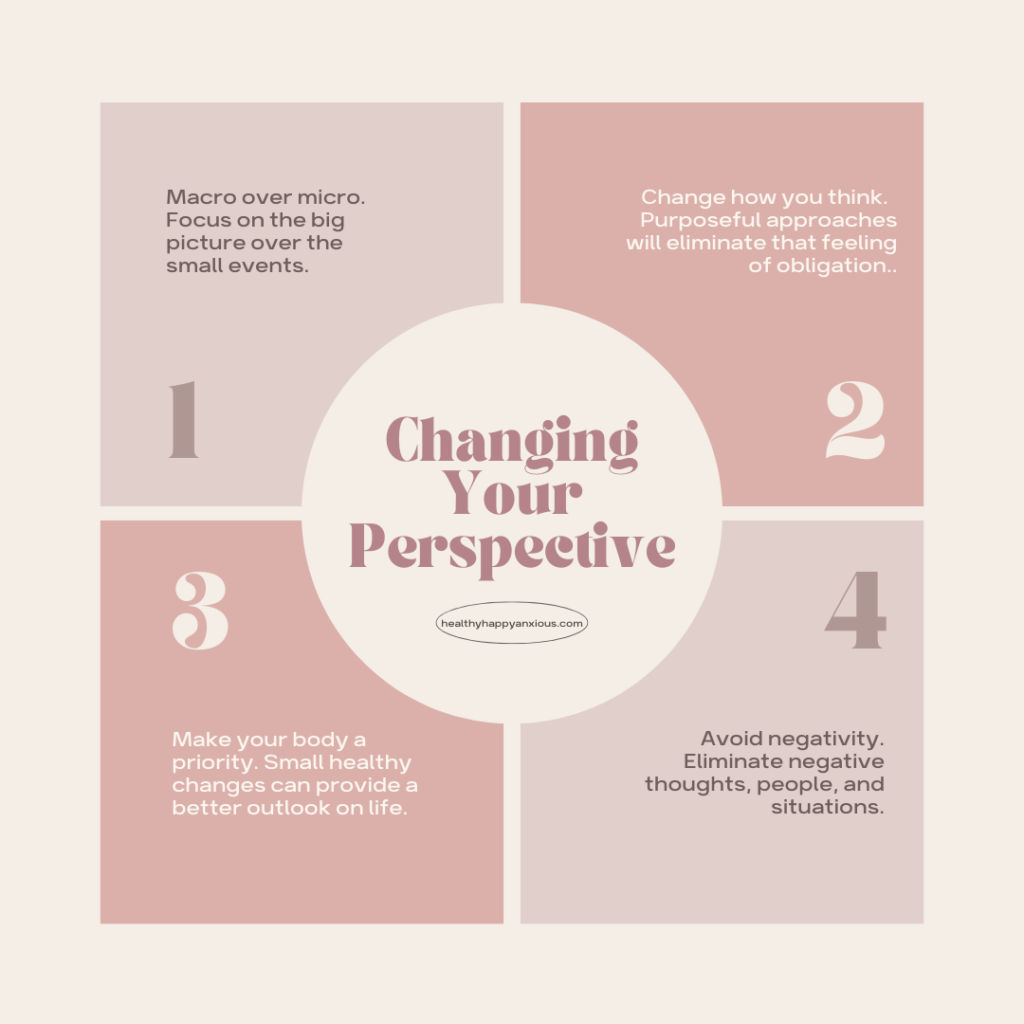
Today, my daughter had a swim lesson and she was extremely nervous because her class had been promised to go down the water slide at the pool. We talked about it for a bit and how she could shift her perspective from being afraid to being excited. She ended up not only going on the water slide, but loving it so much she wants to do it again. As I was sitting poolside watching her overcome an obstacle, I couldn’t help but think about how our perspective toward something in life can cause us to sink or swim.
Why is it that some people tend to bounce back faster, stronger, or seem more resilient in the face of setbacks? This may have to do with their perspective and how they initially approach a setback mentally. Think about this, when something happens in life that you didn’t expect and don’t like, how do you react? When you answered that question, was your reaction more negative or positive? This may have to do with your perspective, which in turn impacts how you assess and respond to a situation.
If your reactions to setbacks, bad news, or other negative things that life throws at you are generally negative, those reactions can build and bleed into other characteristics. I remember at one point in life, my negative reactions turned me into someone who complained nonstop about things both within and outside of my control. I’m sure I was not very fun to be around as I picked apart the world around me. There were so many things I could have changed to improve my life or handle setbacks better, and it took years of growth to start shifting my perspective from the negative to the positive side.
As a person living with anxiety, I’ve noticed that my anxiety affects my perspective. The excess feelings of worry, nervousness, and unease tend to amplify how I look at the world. Something small can become enormous and overwhelming easily when you live with anxiety. And as some of you might know well, setbacks can kick off a downward spiral for those of us who struggle with mental disorders. However, when we’re conscious of negative behavior and want to improve, we’re more likely to address and makes changes to that behavior. If you’re looking to change your perspective, here are four ways you can consider when working to change your perspective:
Macro over micro – It’s easy to focus on the small, negative things you dislike. Over time, that micro focus of fixating on the small events can spiral you into a negative state that is hard to climb out of. It’s similar to taking building blocks and adding one on top of the other to make a giant tower. The more small blocks of irritation, frustration, and negativity you pile on top of each other, the higher your tower grows and the harder it will fall. Instead, leave the blocks in the toy bin and focus on the bigger picture each time a setback occurs. As you make a habit of using your macro focus to look at the situation as a whole, ignoring the small things will become easy.
Change how you think – If you feel more obligated than purposeful when approaching a situation, you are going to struggle. Feeling like you “have” to do something causes you to look at that task or situation differently compared to feeling like you “get” to do experience something. Switching to a purposeful mindset might take some work, but it adds to the positivity in your perspective. When faced with a setback, instead of a “why me” attitude, adopt the thought pattern that you have the opportunity to work through something new and even if the situation itself is not ideal, you can still learn to be excited to face and overcome a challenge.
Make your body a priority – Making mental changes to better your perspective still correlates with your physical health. Prioritizing healthy habits can contribute to your mental health since your body and brain function better with good sleep, food, and exercise. Any extra physical boost you can get toward a more positive perspective is helpful. For the average person, there’s no need to make drastic lifestyle changes unless your doctor recommends you to and small habits can be built over time. You can find a few tips here on my blog about small healthy habits you can start with.
Avoid negativity – This is the tricky one. Yes, negativity pops up everywhere and is not entirely unavoidable. You are going to encounter it literally everywhere, because the world is not something you can control. But the aspects of negativity you can control are the way you think about yourself, the people you allow into your life, and the situations you put yourself in. Positive self-talk is a great way to battle anxiety and shift your perspective toward positivity. If people influence your thoughts, energy and actions in a negative way, they probably should not be in your life. Find friends and a support group that brings positivity to your life. You control the situations you put yourself in. If you know a place or activity is going to put you in a negative mindset, find new places and activities.
As always, it’s easier said than done when making changes. Especially mental changes. I know how difficult it can be to climb out of a spiral or reverse years of a certain way of thinking. It has been a hard journey and I still have a long way to go. But I do know that it is absolutely possible to make changes regardless of how we have been raised, conditioned, or enabled to be in the past. I don’t know about you, but I’d rather be swimming than sinking when the waters of setbacks arise. I’ll leave you with this quote:
You may not control all the events that happen to you, but you can decide not to be reduced by them.
Maya Angelou


